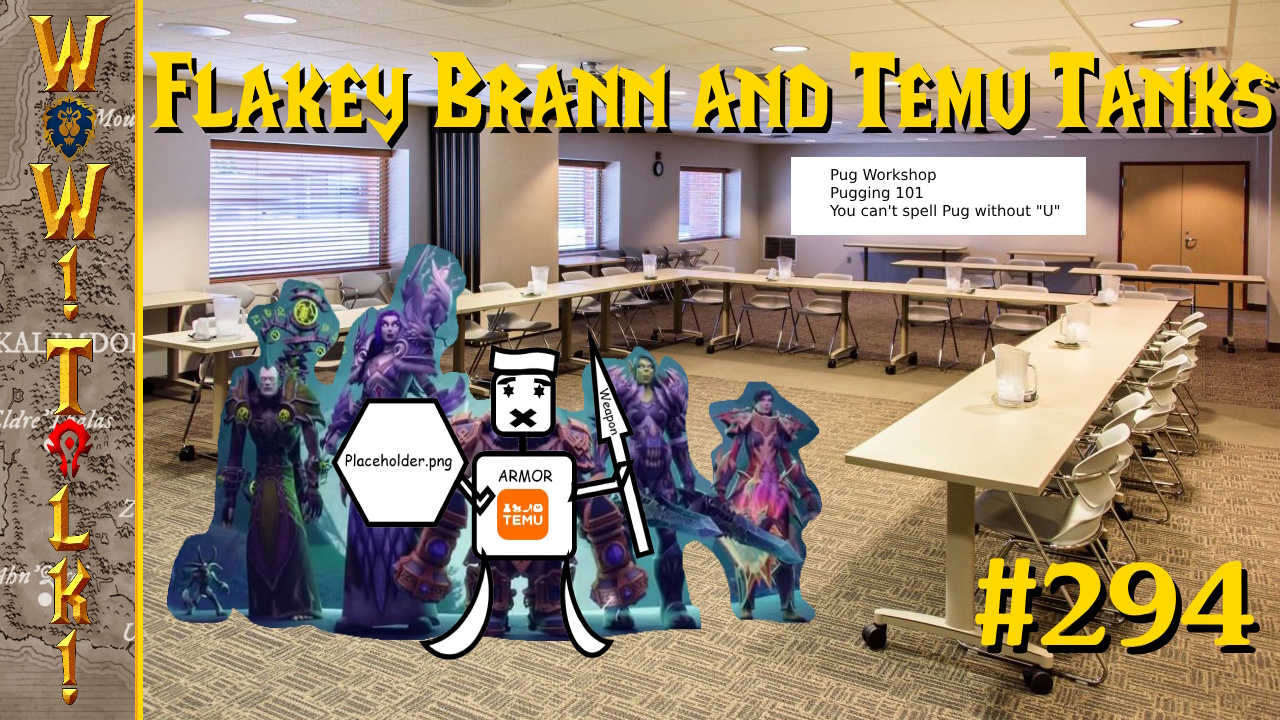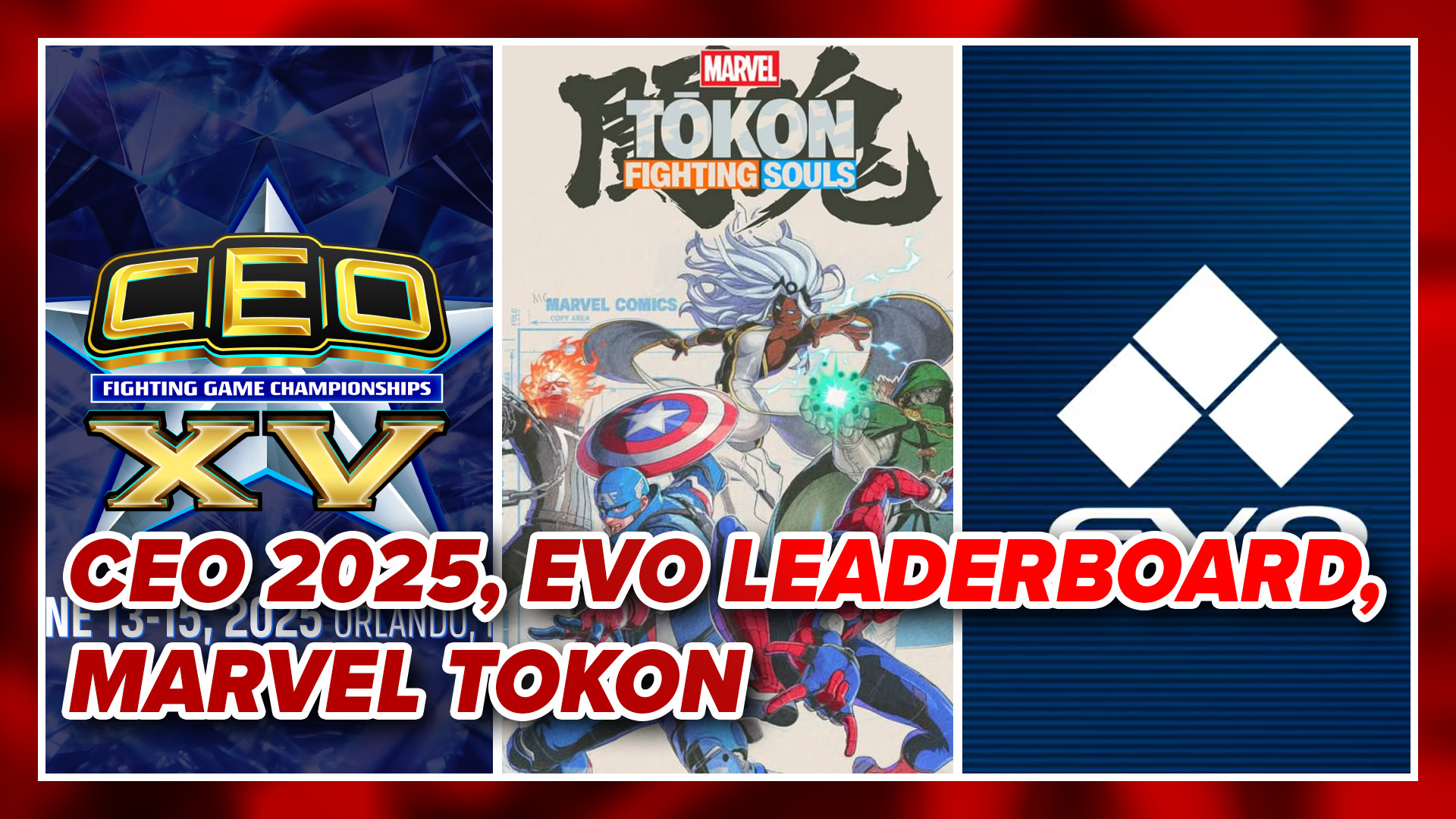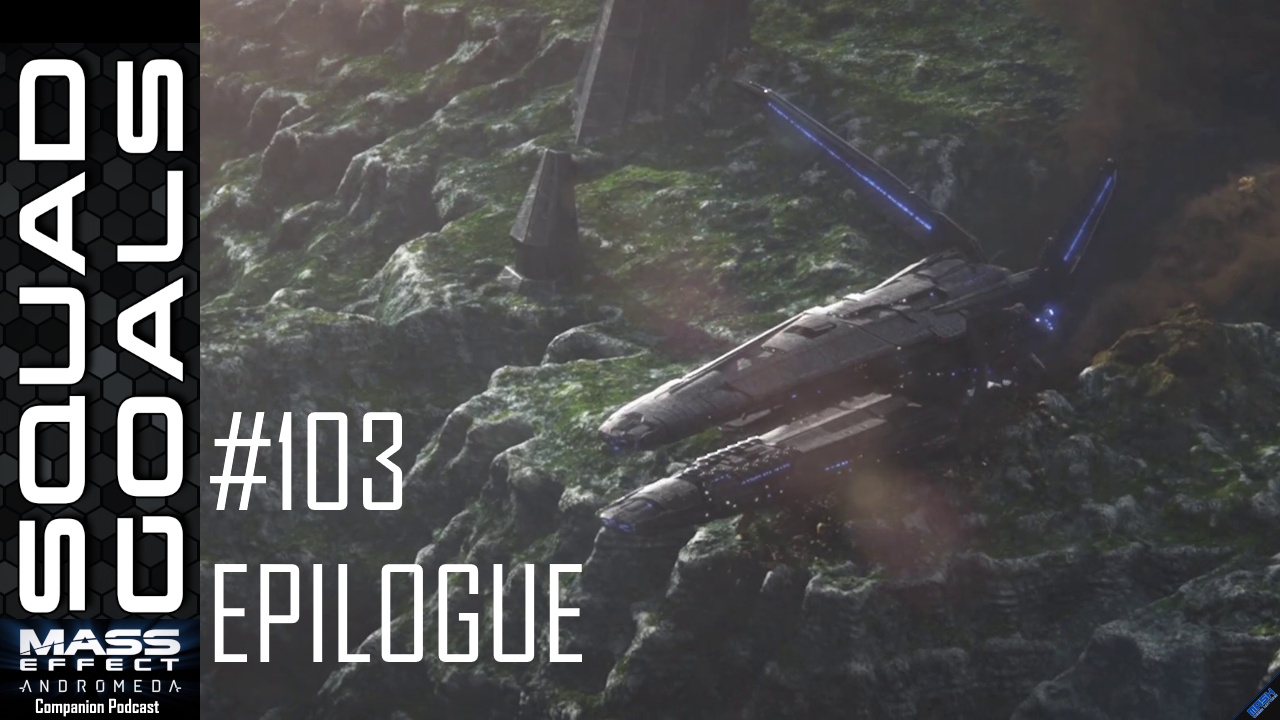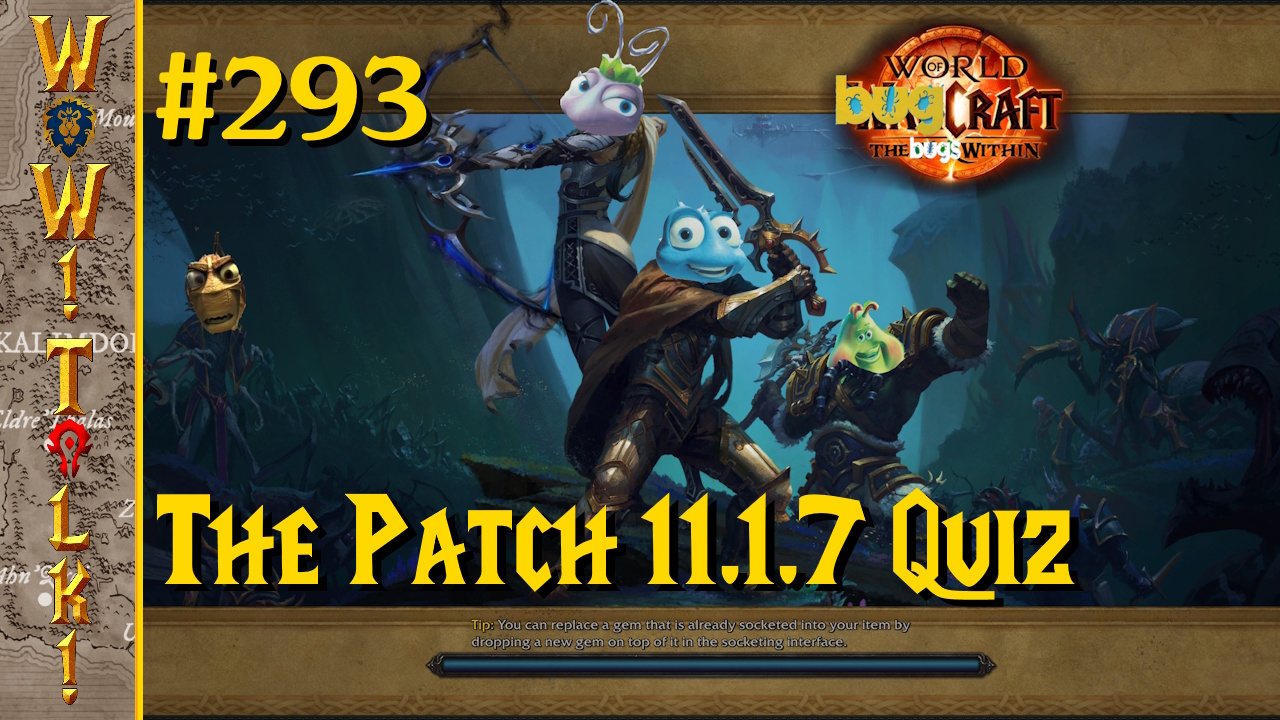A foreword, if I may… I would like to thank my best friend Mike, who inspired me for this editorial. It really brought to light how far we, as a culture of gamers, have come. He has been a trusted adviser on introducing me to niche games. Had it not been for him, I’d have never been as exploratory as I am with gaming today.
The internet… With games like Doom opening up the realm of multiplayer gaming, many had thought multiplayer was the pinnacle of gaming circa 1994 – 1996 for PC’s. Consoles would be stuck, locked with cartridges and no capability for custom content. Some consoles gamers would wait for their moment to strike back. Around 2006 video game consoles finally begin using the net for patches and downloadable content (DLC for short). Flash forward to 2009 when internet speeds of 1.5 – 100 Megabits/second are available for residential accounts. Patching video games and DLC become much more common place all thanks to faster residential internet speeds. Games like Call of Duty start getting serious with releases on PlayStation 3 and Xbox 360 as well as the PC scene growing huge. Again, the PC crowd still has a huge custom content following while some aspects of console are still lacking on that. Games like Valve’s famed Left 4 Dead series has tons of custom maps while the Xbox 360 version has the stock maps. The worst insult to injury for Xbox 360 users was that “The Passing” campaign update was 560 points (or $7 in cash-speak) while PC players got it for free via Steam.
With consoles and PC’s now packing hard drives in larger sizes, more and more publishers are looking to publish titles as digital version (digitals) games to maximize profit margins. It’s becoming more and more modern place. The Xbox Live Marketplace has close to 20+ full “Games on Demand” as digitals. Steam has close to 1,200+ games on their catalog encompassing both Valve’s own games as well as the games of other publishers. PlayStation Network has almost 100+ games on tap for PlayStation 3 and close to the same for PSP. But… What has happened to the art of a well packed physical game?
Let’s trek through history. Early games on cartridge systems to disc systems from the Atari 2600 up to the present day systems usually come with the standard case/box, manual and game treatment. Some of the earliest special editions included things like colored maps and a special edition copy of a game. A great example would be The Legend of Zelda for the Nintendo Entertainment System with the special editions of the game being in gold cartridges. During the PlayStation era (PS one, that is), Working Designs would push the limit for a special edition package game. Things like colored cloth maps, border-line softcore pictures of female supporting characters, soundtracks would set a high standard for what should be in a special edition package. The tangible goods gave the gamer an incentive to go and buy the “Special/Limited/Collector’s” editions as you would get something that was truly above the normal.
With that said, it’s not to say that they don’t exist anymore. On the contrary, the premium editions of physical games are still around. However, they are becoming more fewer and far between. An example I’d like to use is the game featured in the image up top: Record of Agarest War. I actually recently just purchased it as well. (Note: Expect a review later on…) The Xbox 360 release was a physical limited edition that comes with the following:
- Record of Agarest War Limited Edition game for Xbox 360
- Soundtrack CD
- 26″ x 20″ Yearning Ellis pillowcase
- 8½” x 10½” Sensual 3D Vira-Lorr mouse pad
(Packing contents taken from the Amazon shop page)
That’s a good amount of stuff for a limited release game. However the retail price is about $60. The game was eventually released to PlayStation 3, but it was only available as a digital with a retail price of $45. Granted, the game data on the disc/download is the same. However, the new “standard” pricing for console games at $60 makes the digital version a pretty good deal. This shows one of the potential advantages of digitals, lower cost to the consumers. The only thing is, there are some companies now trying to create “digital special editions”. A good example of this being Bioware. For Dragon Age: Origins for PC, if you bought the deluxe edition game via retail box or digital version you got a soundtrack (CD or digital depending on which version), wallpapers for your computer, and some special in-game digital content. The digital contents were some promotional armor (Blood Dragon armor, styled like a Mass Effect N7 suit) and 2 quests. The quests gave you an item storage chest and a golem character. The price for this was around $65. It’s a little steep for things that aren’t tangible. The very similar treatment was given to Mass Effect 2 for PC. The promotional quests were also available for purchase separately, but of course, if you bought the standard edition and wanted to purchase them, they end up more expensive than the limited edition.
Another disturbing trend in the gaming industry that’s slowly pushing a release to digital version games is episodic releases and adding content later. StarCraft 2 has gone with this idea and when it hits store shelves, only 1 story campaign will be available for play while the other 2 races will not be available for story mode. All of the races will be available for multiplayer. What irks me most is the matter that the first game will be $60 and the other 2 races will have their own games sold at $60 a piece. That’s almost $180 for what some would call an incomplete game. At the same right, developers like Zombie Entertainment with their title “Blacklight: Tango Down” say they “believe in the DLC market” with pricing what they consider a $60 game as a $15 game with future potential to pump out downloadable content. I will say that the DLC model is good IF the DLC items do not alter how the game works in a critical fashion and are just bonuses. Now, if it’s something that gives a significant edge or simply unlocks code that’s already on a game disc, that’s just blatantly holding a user hostage to circumstance.
The last thing that seems to be a driving force factor is the matter that we as a society have become almost an “on-demand” society. We hate it when a game goes out of stock, but also we hate having to potentially wake up early or pester X number of stores to see if they have a game in stock. Then there are also those cases where you may be at a party, play a unique game, and suddenly want it… but it’s 4am in the morning and the game stores in your vicinity that have it in stock are tragically closed until late morning. This merged with bigger hard drives creates a source for publishers and a marketplace for the impulse buyer. As my best friend Mike quotes:
“They get you with the demo that seems convincing… then, you click “Buy” and you instantly have it. Then there’s the case of games that have the free bonus content and you see the premium content for about $1 – $3 and you go “Well… It’s just $X, it’s not a big deal.” By the end of your binge shopping, you may not have noticed dropping $10 – $30 on content that has no tangible disk, box, manual. It’s like printing money!”
Which I can definitely understand as it seems some publishers just love running with that idea of ripping off the paying gamer. It’s a scary trend that some of us don’t even know that we are buying into it. This push that the publishers and even developers are in on hits the casual gaming impulse buyer hard. By the time the buyer has been had, they can’t fight back as the term of agreement for their choice digital marketplace usually says no refunds for digital content. Some of these rip-offs are things like extra character colors or “time-saver unlocks”. The worst part of it all is, like any big business, everything in gaming is done by the “vote with your money” mantra. With suckering people in very easily, financial folks in a company won’t mind saying that “Nobody minds, cause they are buying!”
I will say that not all publishers are guilty of this. Rockin’ Android, for example, published the Gundemonium Collection on PSN. The collection is a quality set and my guess is they published it on PSN as they were concerned that the game may not pan out so well as a physical disc title. Valve is another developer/publisher that I am a HUGE fan of. Their games are pretty high up on quality as well as offer a good value. Valve probably gets a huge nomination for bringing value to the downloadable game scene as they are fair with value to their PC release products (ahem, FREE updates). On top of that, their pricing is more than fair as well as the occasional promotion deal days. Sadly due to the constraints placed by Microsoft, they are forced to charge for their bigger updates on console. If some of you wonder why the Xbox 360 version of Team Fortress 2 doesn’t have the same stuff as the PC version it’s because with all the updates, I’d estimate Microsoft charging nearly the cost of 1-2 full games worth in update packs if Team Fortress 2 were allowed to get the updates the PC version has gotten. (Trivia fact: The console versions were published by Electronic Arts who ported and published Valve titles… Some people are surprised by this fact.)
Also, if you rather like having your disk, be wary that due to the “uprising” of the casual impulse gamer companies like OnLive are starting to appear and make digital the norm. If you’re not familiar with the service, the gist of it is you are given either an app for your PC/Mac or a set-top box (think a cable/satellite box) and a controller with log-in data. Depending on your subscription level, you can either play/rent a number of games that are streamed in over your internet connection and played via the set-top box. Because there is no actual console or PC to buy the games run on the provider’s server machines, leaving the “eternal” struggle to own the latest console or upgrade to the best PC parts as a “worry of the past”. So far the only thing bottle-necking the service is the American average internet speed (around 9+ Mbits/second according to Ookla’s Net Index), as OnLive does require quite a quick and steady connection to make for reliable gaming. I will say that when the 802.11-N wireless standard and average net speeds hits 100+ Mbits/second become the norm, that OnLive may potentially expedite the death of the disk. Due to the poor rate of high-speed broadband adoption in America and the expensive rates/packaging of internet plans in some countries, the disc still reigns supreme as it allows for faster access than a slow internet connection could even allow. This is one of the reasons that Square Enix will be putting the entire game client for Final Fantasy XIV on disc (as reported by Kotaku) versus forcing users to download a client that could be up to 17+GB (in the case of World of Warcraft).
So what options are there? You like the physical package, but you want to make sure your money is going towards a limited edition packing that is worth it. The way to keep the art of the packed limited edition or just disc version game alive is to (again) “vote with your dollars”. If you like niche Japanese games with neat extras, for example, I’d say take a gander at Aksys Games. They are the same folks that are behind the featured item for this editorial (Record of Agarest War for Xbox 360) but they also push out some quality “limited edition” packs or give your premiums for your standard edition games (such as comics and soundtracks). If you’re an enthusiast for a series, go buy the disc versus the digital that may be available currently or later on. Another example is the “Collector’s Edition” of Gran Turismo 5 for PlayStation 3 that contains the game, keychain, die cast 1:43 scale model of a R35 Nissan GT-R, a driving technique book, and some downloadable cars exclusive to the collector’s version. It may be a desperate stand, but that’s the only way to support the production of a disc so that you are able to own a hard copy of the game.
The only other thing that could crush the defense of the disc based game would be if a console (home or portable) ends up nixing a way to physically to plug a game into it and compulsory digital purchases. This is becoming more and more reality as titles go more digital. For PC, the movement is probably the strongest on Steam and it is becoming increasingly hard to find physical copies of games with the passing days. PC users have voted and digital has been the bigger movement on PC. Console folks, I can understand wanting a game that they actually own and can play even in the event that they are unable to get online. Another big advantage that the digital has to overcome is how to manage what happens when the buyer is unable to get online to verify product ownership in the event of the connection to the internet is down. Consoles with a disc copy of games have the advantage of being able to play a game regardless, while a digital version on most platforms give you the “Sorry, we can’t verify ownership of this game so we can’t let you play it” message if the web is down. Add to that some digital rights management (DRM for short) systems can be pure AGONY to get working to authenticate a game before playing, and it can make a digital even more of a pain in the arse to even play for the first time around.
I close this editorial with a warning… The end of the disc is coming. It may not be immediate, it may not be soon. There are still huge road blocks that are preventing the digital copy game from being a runaway phenomenon such as DRM, platform ownership authentication, internet speed, and etc. Once developers, publishers, manufacturers (console-only), and consumers can agree on a happy medium after the road blocks clear, digital games may pick up a good amount of momentum. The disc and the art of a well-packed game may be but a memory. For all we know, we may be buying a “packed” game in the form of a flimsy USB drive and special editions may come in a unique shaped USB drive packed with extra content that’s loaded on that drive in our distant future. If you love the art of a good package, do yourself a favor and treat yourself before the end shows up at your doorstep.
Featured image sourced from official images from Aksys Games and PlayStation and pieced together with Paint.NET





